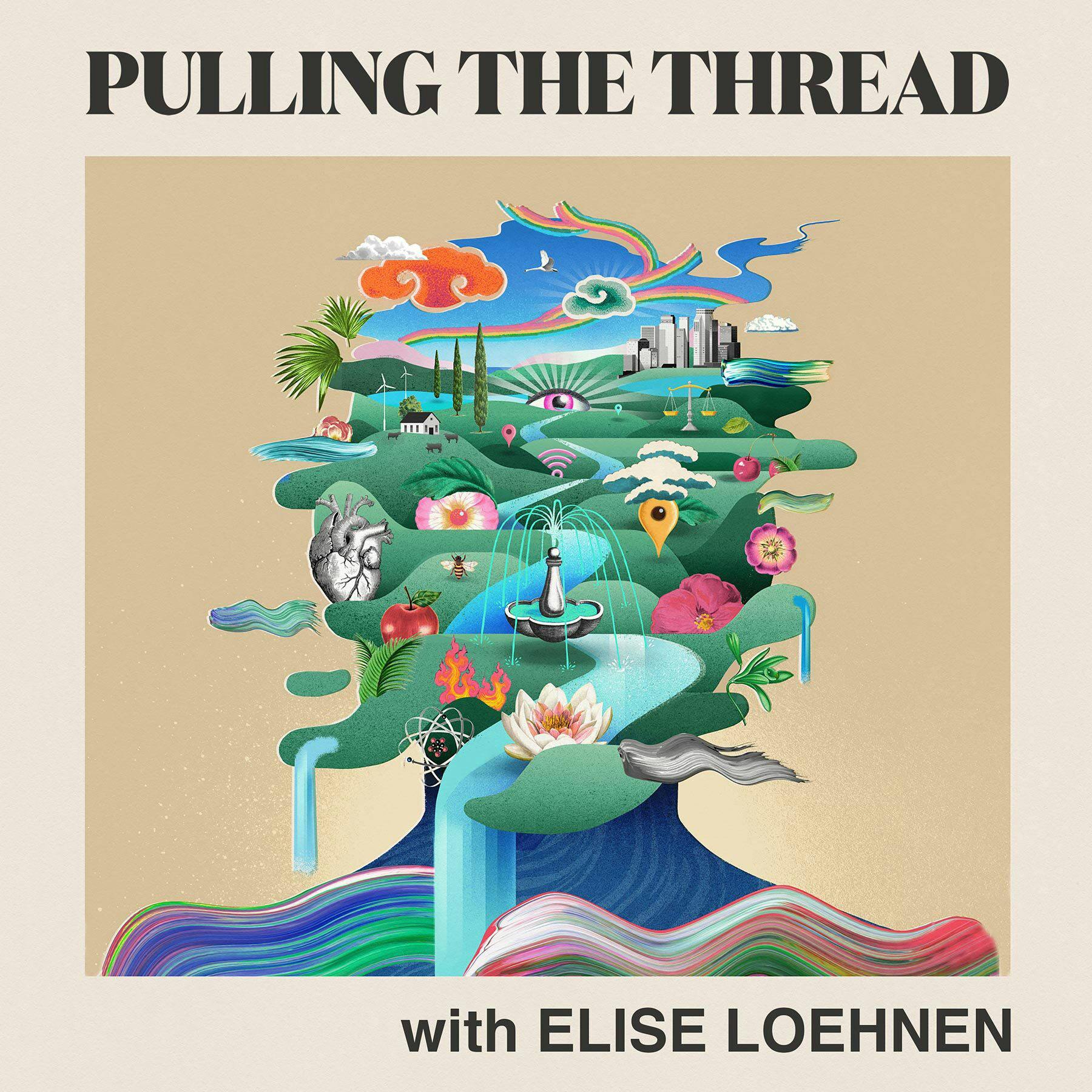On Reducing Harm & Saving Lives (Maia Szalavitz): ADDICTION
Description
“I think it's really important for, you know, people to realize that you can totally be an absolutely excellent parent of a traumatized child and the trauma had nothing to do with you and you couldn't possibly have prevented it. So I think, you know, assuming that there is trauma in somebody's addiction history, which is not always the case, but if there is, you should not immediately assume that it was bad parenting because sure, that could be the case sometimes, but again, there's so many different ways that people can be traumatized by so many different people. And it's also the case that so much of addiction has to do with people's temperament that will set them up for things. So, if you are incredibly sensitive to stimuli, something that wouldn't traumatize someone else might traumatize you. And again, that's not your parents fault. That's just how you were born.”
So says Maia Szalavitz, a contributing opinion writer for the New York Times and author of two fantastic books about addiction. Her New York Times bestseller, Unbroken Brain, tells the story of her own heroin and cocaine addiction as a student at Columbia University in the ‘80s—she was expelled for dealing and barely escaped prison time—woven together with the decades of work she’s done as a journalist in the addiction space after entering recovery in her early ‘20s. In it, Maia offers a compelling case for why addiction should be thought of as a learning disability, in part because so many people “grow out of it.”
Maia’s latest book—Undoing Drugs: The Untold Story of Harm Reduction and the Future of Addiction—taught me so much and challenged so many of the stories about addiction I was holding onto. Ultimately, it’s an optimistic book in the face of what feels like an overwhelming cultural challenge, a challenge that only seems to get worse every month—Maia explains why we’re trending in this direction, and more importantly, what we can do to shift our collective fate toward recovery. And what an expanded idea of recovery might mean.
MORE FROM MAIA SZALAVITZ:
Undoing Drugs: How Harm Reduction is Changing the Future of Drugs and Addiction
Unbroken Brain: A Revolutionary Way of Understanding Addiction
The Boy Who Was Raised as a Dog
Read Maia on The New York Times
Maia’s Website
Follow Maia on X
Further Listening on Pulling the Thread:
PART 1: Holly Whitaker, “Reimagining Recovery”
PART 2: Carl Erik Fisher, M.D., “Breaking the Addiction Binary”
ADDICTION: Anna Lembke, M.D., “Navigating an Addictive Culture”
TRAUMA: Gabor Maté, M.D., “When Stress Becomes Illness”
BINGE EATING DISORDER: Susan Burton, “Whose Pain Counts?”
To learn more about listener data and our privacy practices visit: https://www.audacyinc.com/privacy-policy
Learn more about your ad choices. Visit https://podcastchoices.com/adchoices
More Episodes
“There's no generation before us that’s had this opportunity to find this treasure,” says therapist Connie Zweig, PhD. Zweig is the author of The Inner Work of Age: Shifting from Role to Soul. She outlines a compelling approach to aging—one that teaches us how to navigate identity shifts, see who...
Published 11/21/24
Published 11/21/24
Everything Richard Christiansen creates is incredibly beautiful and special. Christiansen is the founder of Flamingo Estate and the author of the new book, The Guide to Becoming Alive. He’s also a dear friend of mine. I loved chatting with him about how he moves so fast, what can spark momentum...
Published 11/14/24


